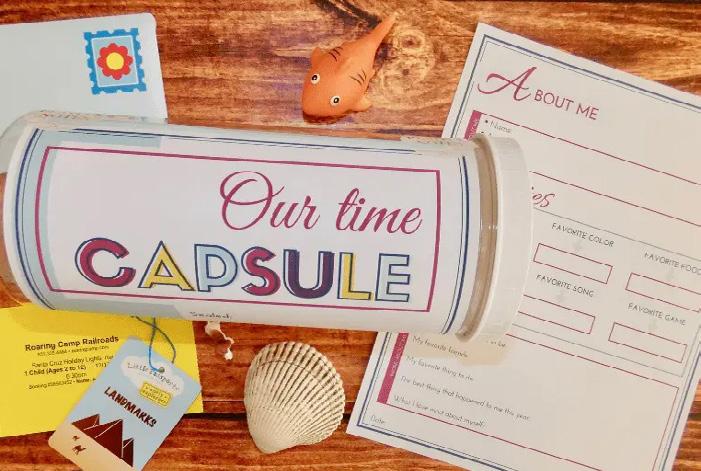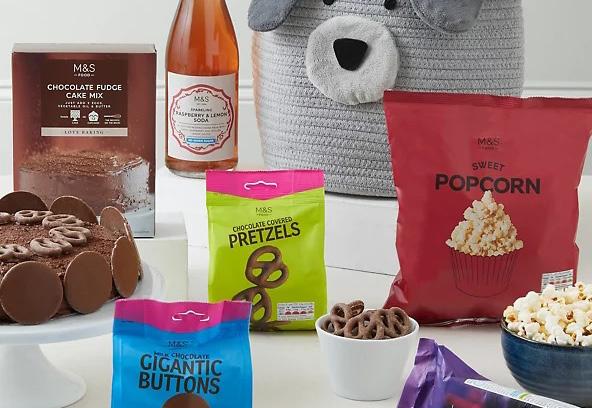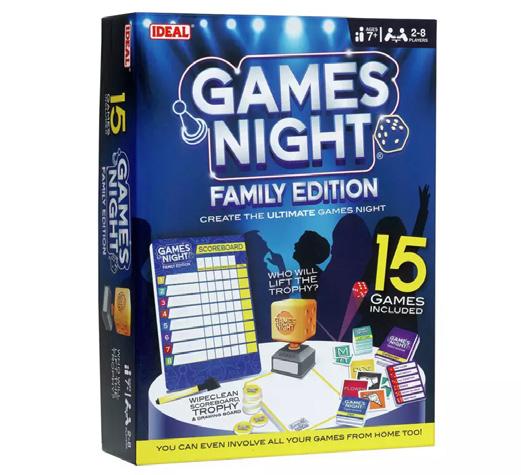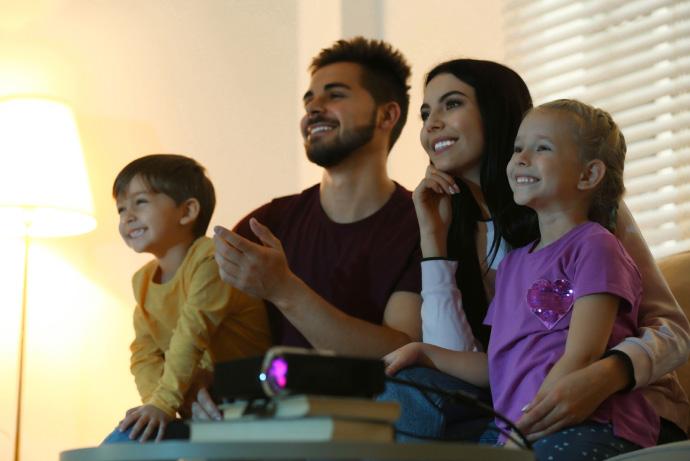
























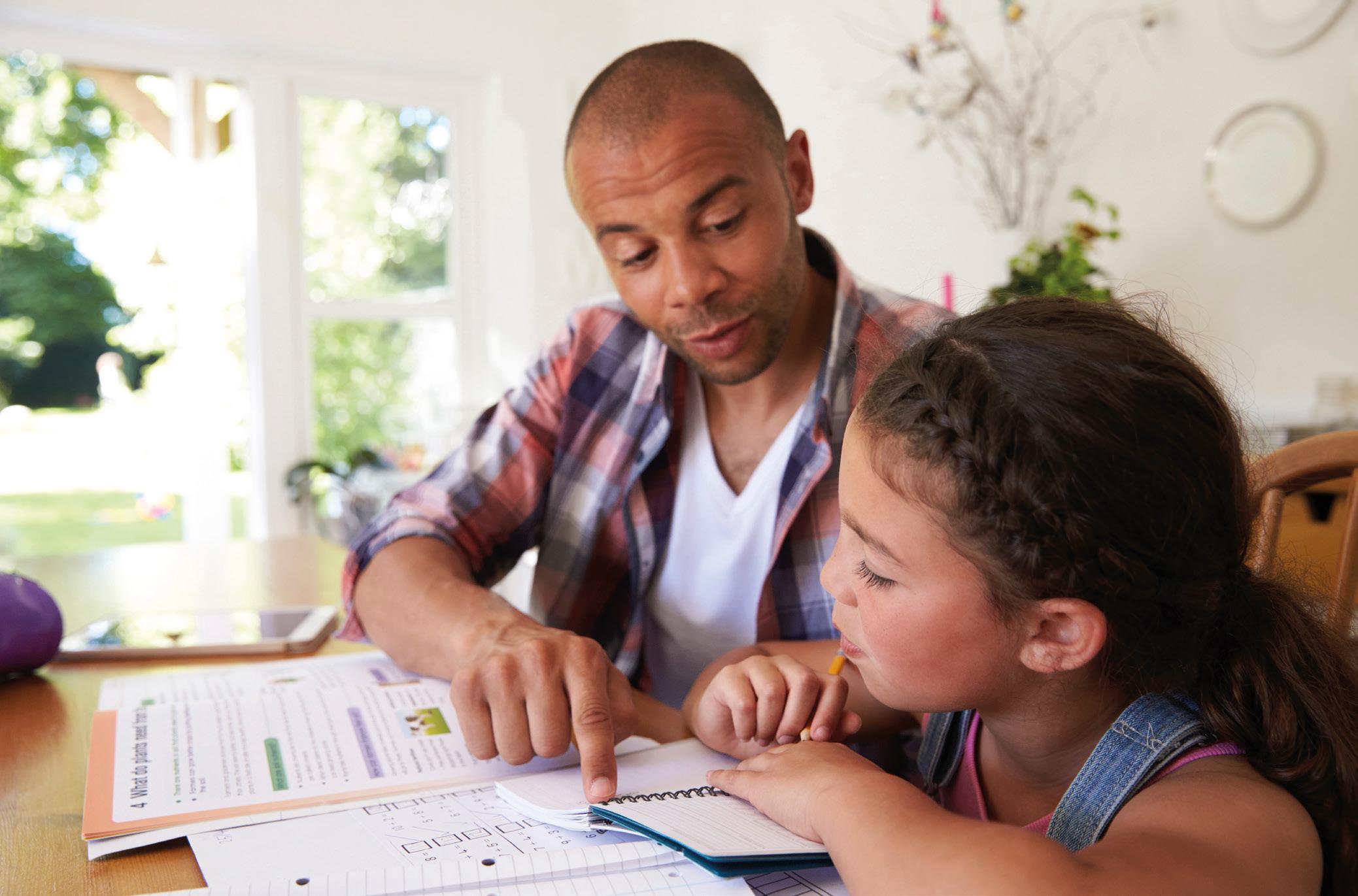
Fostering is the most challenging and yet the most rewarding thing we have ever done. To make even the smallest difference to the life of a child is the most amazing feeling. Total job satisfaction.
FIND




Happy New Year from us both at Families NorthEast! We wish you the very best for the months ahead.




It’s hard for everyone to keep New Year’s resolutions – especially children. Download our free colour-in Reward Chart which may help to keep your children engaged.


Whilst everyone feels like hibernating in winter, getting outside is good for us so, we’ve got some ideas for seasonal family activities as well as some projects to help welcome more wildlife to your garden. We have some great ideas for making family nights in special too.
Finally, we have Britannica Magazine subscriptions and other goodies to giveaway! Apply inside. By doing so, you’ll also receive our digital magazine with lots more content and goodies.

Carla & Laura x











































With Covid and the move to online platforms, tutoring has become more accessible, with more options and opportunities available. As a result, over fifteen percent of UK children are now receiving private tuition. But how can you get the best results?

In May, Year 2 (KS1) and Year 6 (KS2) pupils will take their SATS exams. Yet, from their very first day at school, children are being trained to be able to perform in preparation for these assessments. So what support can you give at home?


Early language development is incredibly important and sitting down to read with your child gives them a big advantage in this area. But what are the best ways of helping your child to enjoy shared reading and why is it so beneficial?

Dame Allan’s Junior School and Nursery, located on the edge of Newcastle’s Town Moor, offers an outstanding education provision both inside and out.

Inside pupils are taught in small classes , ensuring they get the best out of their education. The school encourages active learning which allows pupils to contribute to meaningful learning activities and question what they are doing and why. As well as the core subjects including literacy, numeracy and science, pupils have the opportunity to learn a range of creative arts including dance, drama and music, as well as plenty of sporting and cocurricular activities.
Classes are held in all weathers, in the school’s outdoor classroom ‘Woodland Ways’ and in ‘The Edge’ Yurt , encouraging pupils to be curious, explore and be adventurous. The School follows a Skogsmulle programme, a Swedish educational initiative which centres on a fantasy figure who informs children about nature through play and song. This encourages children to have fun while learning and creates memorable moments.
The next stage in Dame Allan’s outdoor learning provision, will be the development of an OPAL play and learning provision to help build pupils’ soft skills through play. Throughout primary school children spend an average of 1.4 years playing, so it’s important for it to be
beneficial. This mentor supported school improvement programme will help children learn the skills of sharing, conflict resolution and resilience and was inspired by the success it had in other schools in the region.

Discover more about Dame Allan’s Junior School at their open day on Saturday 18 March and HERE.

Plan some great reading for your child with our children’s book suggestions, all just published or due to be published this year.
DJ Baby Funky novelty board book featuring spinning record turntables! Ages 1+.

Ten Little Bugs Part traditional counting rhyme, part fun-filled story - perfect for sharing. Ages 3-5.

Grandad’s Pride
Beautiful follow-up to Grandad’s Camper, filled with heart and purpose. Ages 3-6.


Charming picture book about the unusually literary fish. Ages 4-8.
Weird but true! 2023
National Geographic annual loaded with brain bending facts and photos. Ages 7-10.


Special World Book Day story (£1) in the actionpacked series. Ages 8+.
Special World Book Day story (£1) - a funny, joyful romp. Ages 6+.

Valentine Crow & Mr Death

Distinctive, warm and funny. From highlyacclaimed Jenni Spangler. Ages 9+.
Gilbert the Goblin’s new adventure – finding the legendary yeti. Ages 4-8.

Do you prefer winter or summer in the Alps… or both?
Francesca, Paul and their three children live in Morzine in France all year round and have a good knowledge of Alpine traditions and the Morzine people.

Having adapted their chalet holiday style over the years to suit the tastes of their regular guests, they offer the perfect ski and summer holidays for either families, couples or mixed groups in relaxing luxury, with fantastic food and outstanding facilities, with unrivalled in-house childcare facilities.
For many returning guests Chilly
Powder is considered a real home from home.

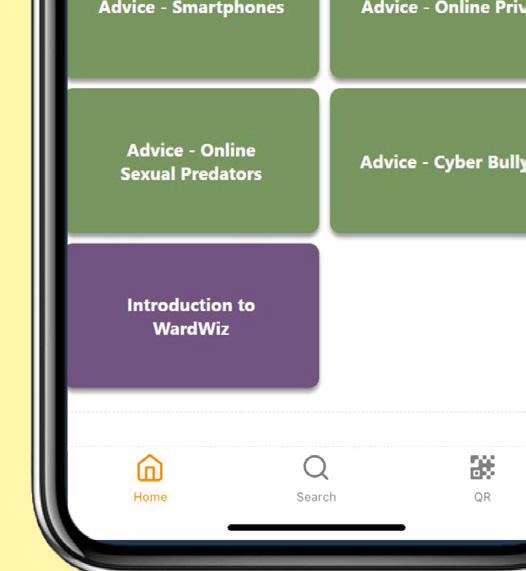
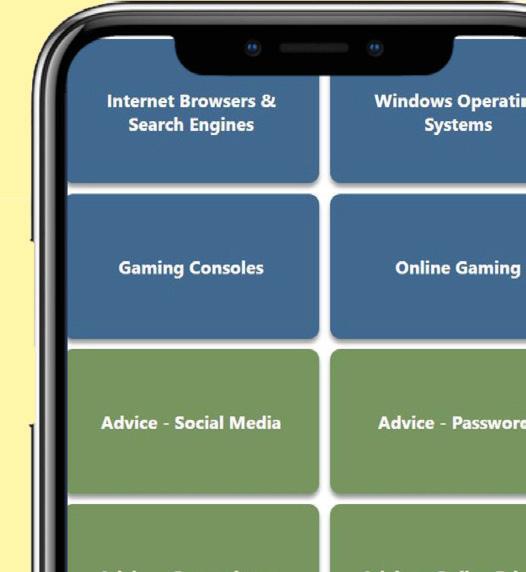
For more about Chilly Powder chalets for summer and winter click HERE.



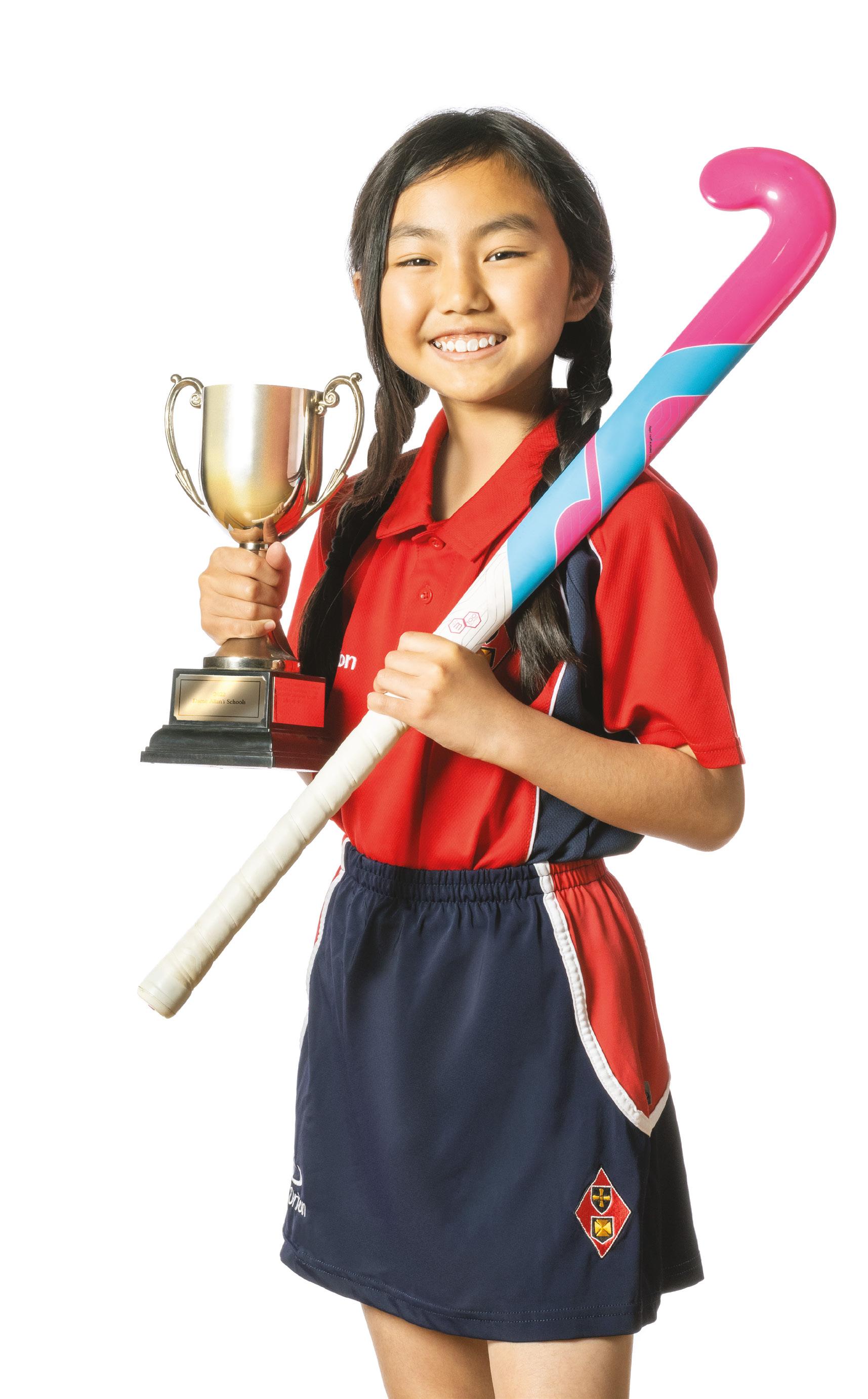
Applications are now being accepted for 2024 / 25 onwards.
Register at dameallans.co.uk
For further information please contact the Head of Admissions on 0191 275 0608.
RATED EXCELLENT BY THE INDEPENDENT SCHOOLS INSPECTORATE
 By Sarah Ockwell-Smith
By Sarah Ockwell-Smith
The ‘terrible twos’ aren’t called that for nothing! This stage of a child’s life is all about big feelings. Scientifically, it relates to the undeveloped prefrontal brain cortex meaning a child is unable to regulate their own emotions.
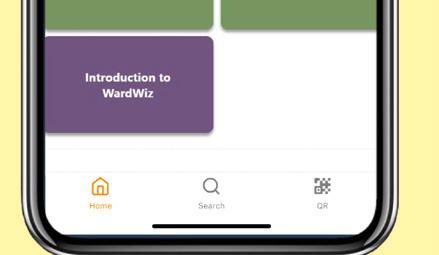
What is a tantrum?
Tantrums describe the state of an individual who is out of control, full of big emotions and stress hormones and unable to calm themselves down. Tantrums can happen right into adulthood but adults learn to self-soothe.
Toddlers don’t possess these skills yet. They are not being naughty or manipulative, they are simply being toddlers. Tantrums are a normal and exceedingly common feature of child development. Research has found that nearly nine in ten children between 18 months and 2 years regularly have tantrums, with most having at least one a day, lasting on average between thirty and sixty seconds (although it is not uncommon for them to occur far more frequently and last for much longer).

Contrary to popular belief, ignoring, shaming or punishing tantrums can make a toddler’s behaviour much worse. These approaches ignore a child’s difficult underlying feelings and don’t resolve the cause
or help the toddler regulate their behaviour. Experts have discovered just how much infant brains are affected by the level of parental care they receive. With nurturing attention, the part of their brains responsible for regulating emotion become better connected as they grow. READ MORE

Let them experience ‘age-appropriate risk’ under adult supervision AT ALL TIMES. Research shows that it’s essential for a balanced childhood.

The use of a power tool is an important life skill that is good to learn early.

Challenge your child to live blindfolded – it’s fun and builds empathy.


It’s best children learn about fire safely with you.
Children can’t resist throwing - and it can be managed safely.


A life skill that develops with experience, whittling is a fun introduction.

Another irresistible urge for children - fun and beneficial when done safely.

A classic science experiment which is spectacular - but messy!
This ancient British game can be safely played if done correctly.
Use a bow and arrow
Though potentially hazardous, it’s great for developing situational awareness.












Cooking multiple meals at one time and then storing for later use.
Food is cooked in a ‘batch’, then stored in airtight containers. Meals are stored in portions for ease.
Batch cooking often involves doubling, tripling or quadrupling ingredients.
Big pans - you’re cooking bulk so ensure you have enough big pans to cope.
Large mixing bowls to bring all those ingredients together.
Storage containers and resealable freezer bags. Choose the right size for your family.
Labels. Keep track of what you’ve got and when you cooked it.
Saves money - buying food in bulk is cheaper. Saves time – you don’t need to cook every evening.
You are cooking when you want to and not when you have to.
It’s healthier as you always have a tasty nutritious meal on hand.
Set aside a few hours so you’re not rushed.
Prepare ingredients - weighing, measuring and chopping first will make the job easier.
Clean as you go and, if making several recipes at once, tidy up as you go too.
Cool before you freeze; food will keep better and save fridge energy.
This 2 minute video from The Batch Lady shows exactly what you’ll need to start batch cooking freezer meals.

This short video from The Batch Lady offers a great rundown on how to plan weekly meals for your family.


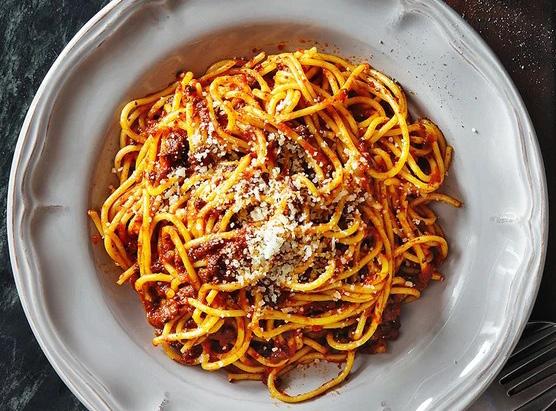

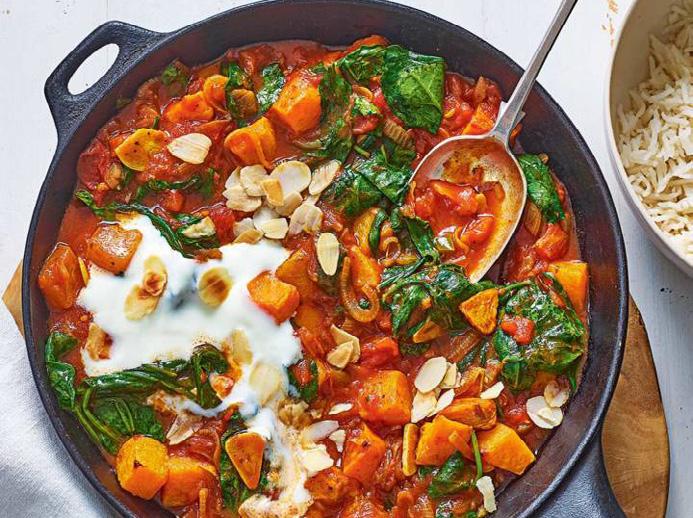

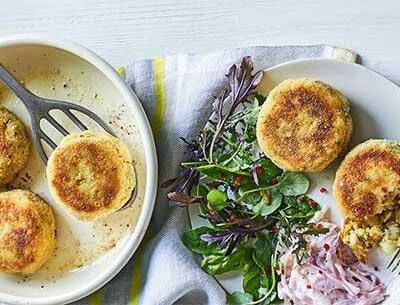

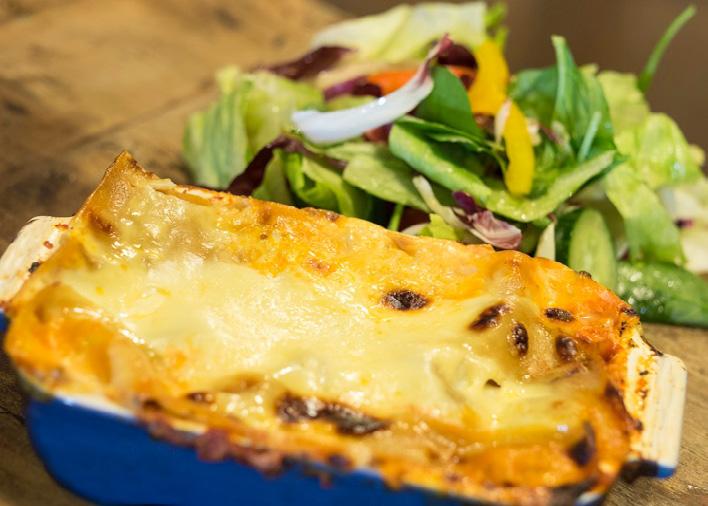
Macaroni

Parents wanting to locate a local children’s physiotherapist can now use an online directory launched by Association of Paediatric Chartered Physiotherapists.
The majority of children’s physiotherapists work in the NHS. Your GP can advise about local services and make a referral, if appropriate. However, some parents choose to seek advice and treatment from an independent or private physiotherapist either instead of, or to supplement, NHS care. Many children need support from a physiotherapist at some time during their childhood. This may be sought for advice and treatment relating to posture and movement or for acute injuries.
Qualified children’s physiotherapists are regulated, have additional expertise in child development and childhood conditions and the right skill base and knowledge to deliver the best care for babies and children.

Find out more HERE


Phone alerts and notifications are constantly distracting and family members often have to compete. Being fully present with the activity or conversation we’re having with our children - without distraction - demonstrates that we value ‘real’ time together and are fully available.
Research shows that too much screen time can lead to mental health issues in children, whilst lost time interacting with family/ peers can impact their social development. Monitor screen time, ensure content is ageappropriate, communicate about inappropriate images and model healthy device habits.

Children absorb emotions like sponges and overhearing the news or emotionally-charged adult conversation can fuel their anxiety. If your child is worrying about the future, use mindfulness to bring them back to the present moment—’right here, right now, with you, all is well.’ Tell them that you love them no matter what.

Nature-deficit disorder (NDD) can contribute to higher rates of physical and emotional illnesses. But the good news is, it can easily be reversed. Spending time in nature is easier than we think: village greens, parks, commons and nature reserves abound in the UK and they provide the perfect setting for free family activities.

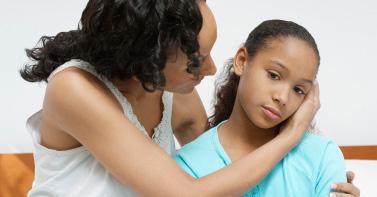

Reading is relaxing, distracting and a good alternative to screen time. A 2009 University of Sussex study found that reading can reduce stress by up to sixty eight percent. Just six minutes of relaxing into a good book can lower blood pressure and muscle tension.
Children are more likely to express their feelings when they sense we are fully available. Sitting somewhere that they have to pass by when they return from being elsewhere and gently inviting them to join us can be a good start. Listen intently without moving into ‘fix-it mode.’

Creating a comforting, wind down routine can help (reading a book together, listening to soothing music). Try placing hands on the belly, breathing easily and focusing on the breath, following the gentle movement of the belly that rises and falls. For the busy mind, try counting the breath to ten (in – 1, out – 2 etc) over and over.
Mindfulness apps/recorded meditations can help adults and children to relax and unwind but nothing compares with attending a course with a qualified mindfulness teacher which teaches key mindfulness skills. However, if, despite your best intentions and care, your child’s behaviour or anxiety level becomes worrying, do seek medical advice from a GP.




























